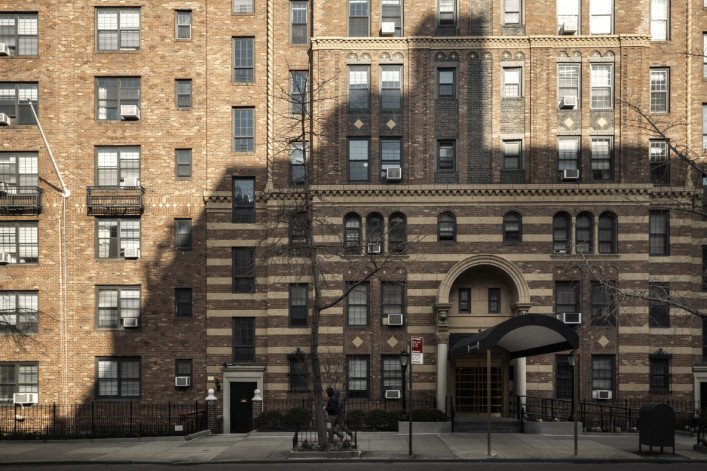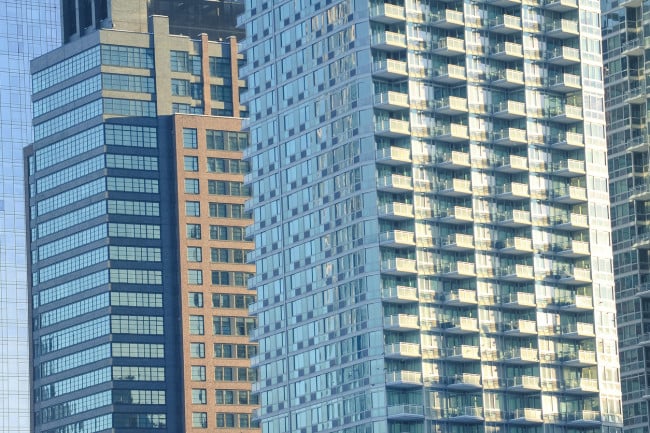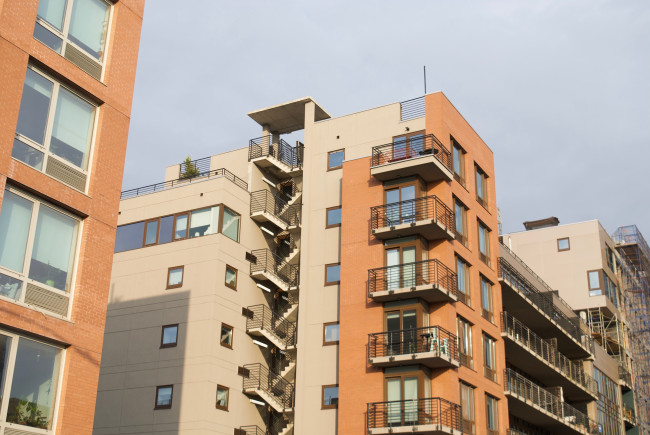New NYC rent laws require security deposits to be returned in 14 days and landlords are fuming

Could the new NYC rent laws have gone too far in putting an undue burden on landlords?
iStock
NYC landlords were stunned by the landmark changes to the rent laws earlier this year and one broad change is causing them major distress.
While most of the rent reforms are aimed at strengthening protections for stabilized tenants, there are some measures that extend to market-rate tenants as well. One of these, a new requirement to return a departing tenant’s security deposit within 14 days, is nearly impossible to comply with, landlords say.
“It’s absolute chaos. It is so unfair as to make it almost inevitable that landlords will have to end up in court,” says Adam Frisch, managing principal at Lee & Associates Residential NYC, a real estate company that represents small building owners in Manhattan. “I’d be surprised if there isn’t a class-action lawsuit.”
[Editor’s note: An earlier version of this article was published in June 2019. We are presenting it again here as part of our winter holiday 2019 Best of Brick week.]
The new law states that within 14 days after a tenant has vacated, the landlord has to provide the tenant with an itemized statement indicating what repairs the security deposit is being used for, if that applies, and return the rest of the funds. If the landlord doesn’t provide the statement and deposit in 14 days, he or she could be liable for damages up to twice the amount of the deposit.
A 'reasonable' expectation
That’s a major shift for landlords, who up until now had no official deadline for returning a security deposit.
"There previously was no time frame in the law that I am aware of; that was part of the problem, although sometimes it was spelled out in the lease,” says attorney Sam Himmelstein, who represents residential and commercial tenants and tenant associations (and is a Brick sponsor, FYI). “Landlords took their sweet time. And there was massive abuse. I can’t tell you how many calls and inquiries I have received over the years on this issue where landlords didn’t return security deposits and had no legal basis to refuse to do so.”
Simply put, if you're moving to a new rental apartment and your security deposit is still tied up in your old building, then laying out funds can be extremely difficult.
In the past, rent-stabilized tenants could expect landlords to return security deposits in a “reasonable time.” But what constitutes “reasonable?” According to information on the NYC Rent Guidelines Board’s website, “Usually, a 'reasonable' amount of time is in the neighborhood of 30-60 days; however, the definition of 'reasonable' is not up to you or us to decide.” Contact the attorney general’s office if you feel you have exhausted attempts to get your deposit back, the site suggests.
Frisch says that landlords generally complied with the 30-day rule to return deposits. “Sometimes you have to take a landlord to court who is not responding, but it’s very few,” he says.
Operational headaches
Landlords are pointing to a long list of operational logistics: They can only assess an apartment for damages after the tenant moves out, and then if major repairs are needed, they need to get quotes for the work, delaying the process.
In addition, each security deposit is kept in a separate escrow account in the tenant’s name. To close an account requires multiple steps, including signed withdrawal forms that need to be delivered physically to the bank, which are then processed manually and returned to the management company by mail.
“It can take over a week to get an escrow account out of the bank,” says Frisch. Most landlords will not have the ability to turn the funds around quickly enough, he says, describing the situation for landlords as “very severe.”
One option, Frisch says, is for owners to withdraw deposits by the 20th of the month if they know a tenant is vacating. But that’s not a foolproof solution—a tenant can still decide to renew or the apartment may need extensive repairs.
[Editor's note: If you are having trouble getting your security deposit back after you leave, the Attorney General's Bureau of Consumer Frauds and Protection now offers an option for recovery through free mediation services.]
Security deposit alternatives
Another route for landlords and management companies is to use third-party companies, which offer an alternative to security deposits. (For more on how this works, check out Brick Underground’s guide here.) One such company called Obligo enables a deposit-free operation, and it's getting a lot of inquiries now, says Omri Dor, CEO.
“I think the 14-day limit will be a huge challenge for the larger management companies,” he says. “They have a certain process in place, they have their accounting resources, they know what volumes they are seeing each summer, and they already know that they can't meet this threshold without doubling their accounting team.”
Dor says immediate compliance is not feasible. “It's literally not possible to achieve 100 percent,” he says, suggesting that management company fees may rise as a result of the extra work.
You Might Also Like



























